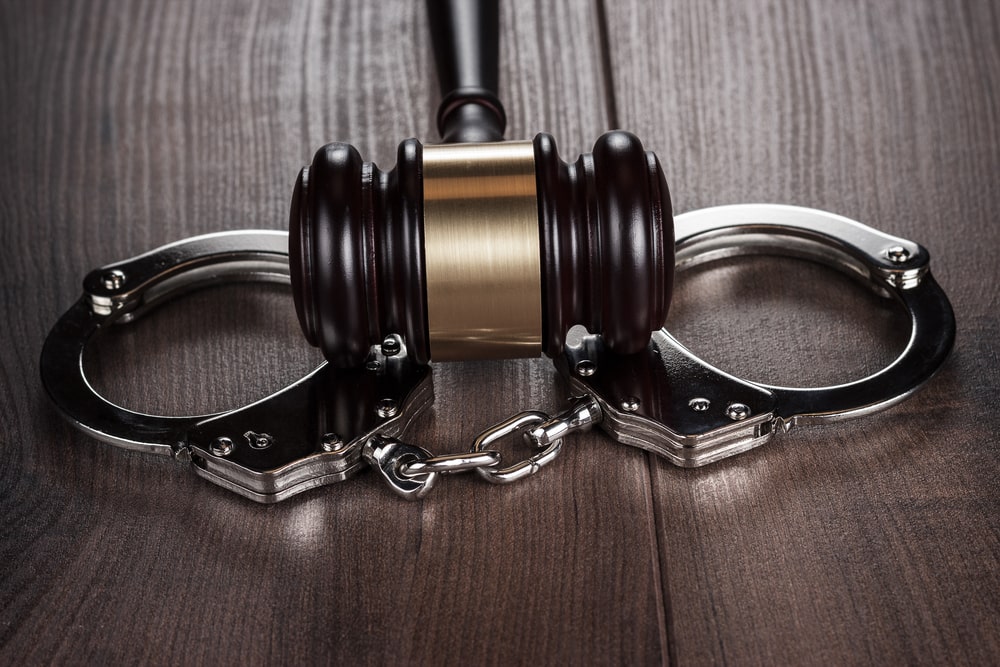A criminal defense lawyer plays a critical role in the legal system, advocating for individuals facing criminal charges. These charges can vary widely in nature, severity, and complexity. The following are some of the most common types of charges you should contact a defense lawyer about.
Misdemeanors
Misdemeanors are lesser offenses compared to felonies and often entail less severe penalties. However, they still carry potential fines, community service, probation, or short jail sentences. Examples include petty theft, disorderly conduct, simple assault, and certain traffic violations.
Criminal defense lawyers handling misdemeanor cases look to mitigate the consequences for their clients, sometimes seeking reduced charges or alternative sentencing options such as diversion programs or probation.
Felonies
Felonies are serious crimes punishable by imprisonment for more than one year, high fines, or both. These offenses range from drug trafficking and grand theft to murder and armed robbery. Due to their gravity, felony charges demand vigorous defense strategies.
A criminal defense lawyer meticulously examines the evidence, challenges legal procedures, and advocates for their client’s rights at every stage of the legal process. They may negotiate plea bargains to reduce charges or seek acquittal through trial if evidence suggests wrongful accusation or insufficient proof.
White-Collar Crimes
White-collar crimes typically involve non-violent financial offenses committed by individuals or organizations for financial gain. Examples include embezzlement, fraud, insider trading, and money laundering.
Defense lawyers specializing in white-collar crimes navigate complex financial transactions, regulatory frameworks, and legal statutes to mount effective defenses. They often collaborate with forensic accountants and other experts to scrutinize financial records, uncover discrepancies, and challenge the prosecution’s evidence. They aim to protect clients from severe penalties, preserve their reputations, and safeguard their assets.
Juvenile Offenses
Juvenile offenses refer to crimes committed by individuals under 18 and are subject to different legal procedures and penalties than adult crimes. These offenses encompass a broad spectrum, from vandalism and underage drinking to drug possession and violent acts.
Criminal defense lawyers representing juvenile clients prioritize rehabilitation and addressing underlying issues such as family dynamics, mental health, or substance abuse. They work to minimize the long-term impact of criminal charges on juveniles’ futures, advocating for diversion programs, counseling, or community service instead of incarceration whenever possible.
The Role Of A Criminal Defense Lawyer
In representing clients facing criminal charges, a criminal defense lawyer adheres to ethical standards, upholds constitutional rights, and strives for fair treatment under the law. They serve as staunch advocates, providing legal guidance, strategic counsel, and unwavering support throughout the proceedings. Whether negotiating plea deals, presenting compelling arguments in court, or challenging evidence through rigorous cross-examination, criminal defense lawyers endeavor to secure the best possible outcomes for their clients while upholding the principles of justice and due process.
Recognizing that each criminal case is unique and presents distinct challenges and considerations is essential. This is why criminal defense lawyers tailor their approach to each client’s specific circumstances, drawing upon their expertise, experience, and resources to mount a robust defense.
By zealously advocating for their clients’ rights and interests, defense lawyers play a pivotal role in safeguarding individual liberties, promoting fairness, and ensuring the integrity of the criminal justice system.
Thank you to our friends at Hall-Justice Law Firm LLC for their insight into criminal law.



